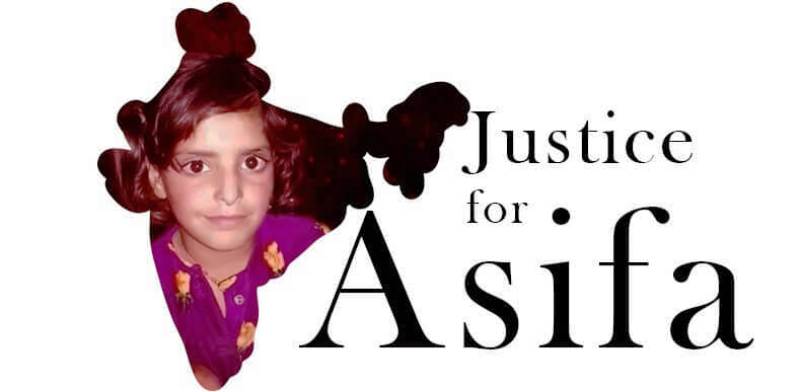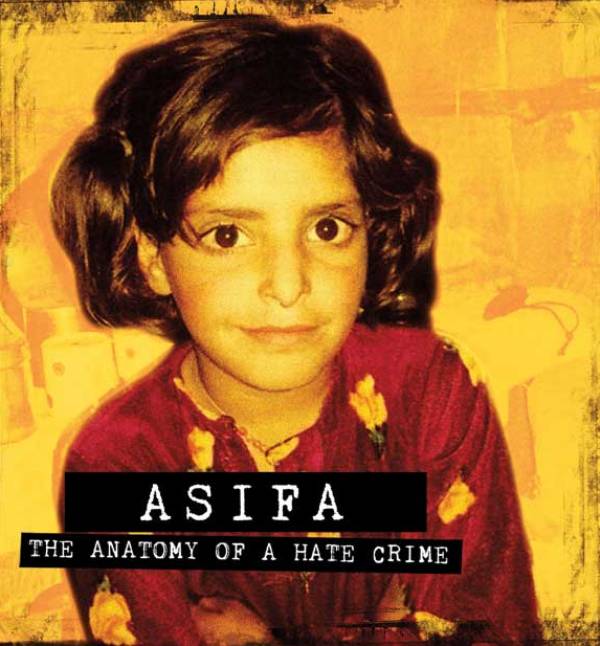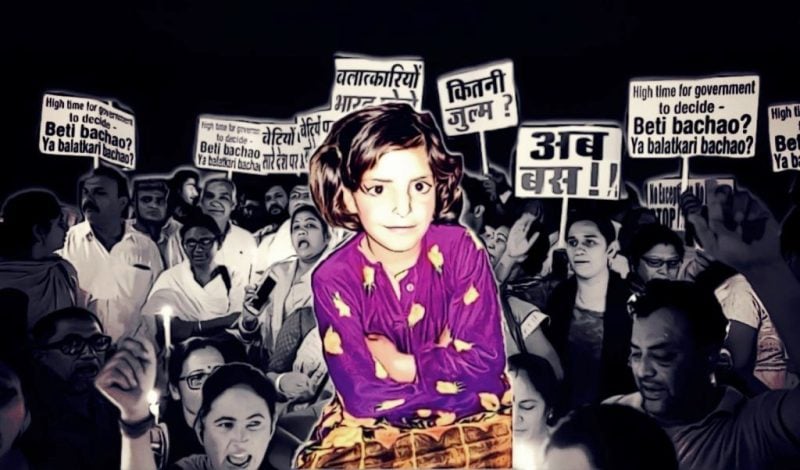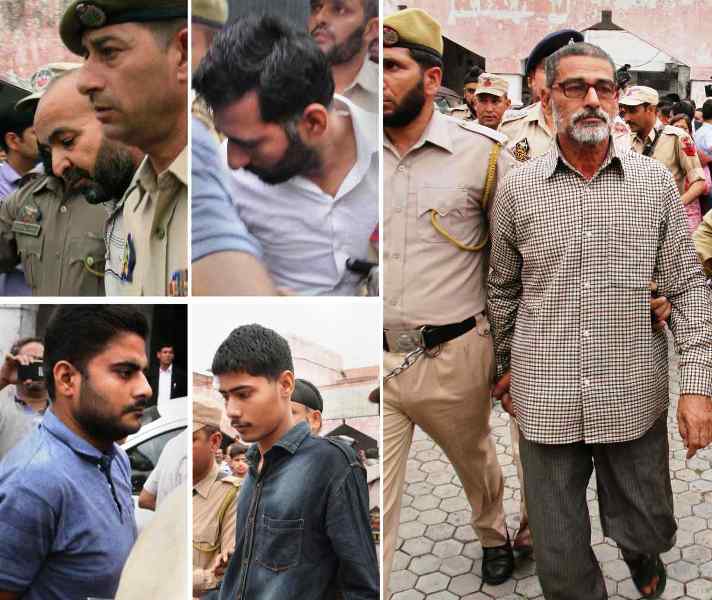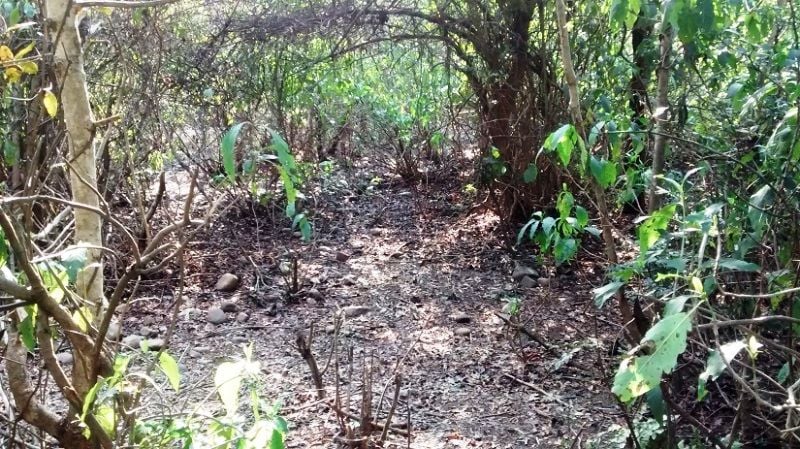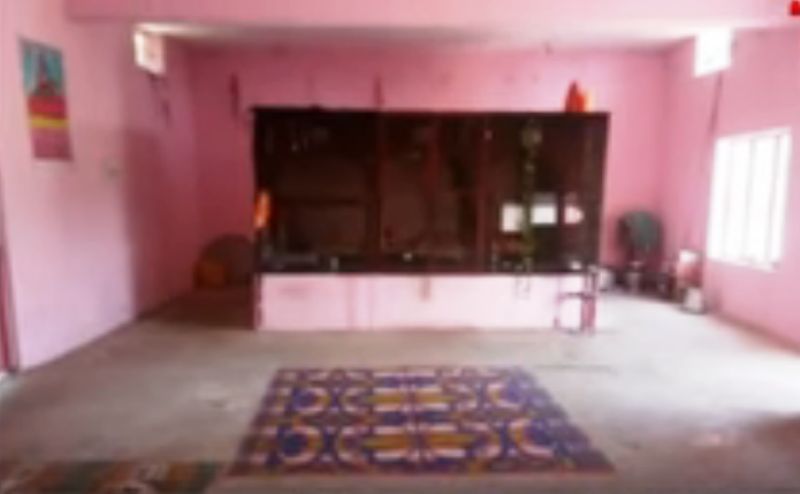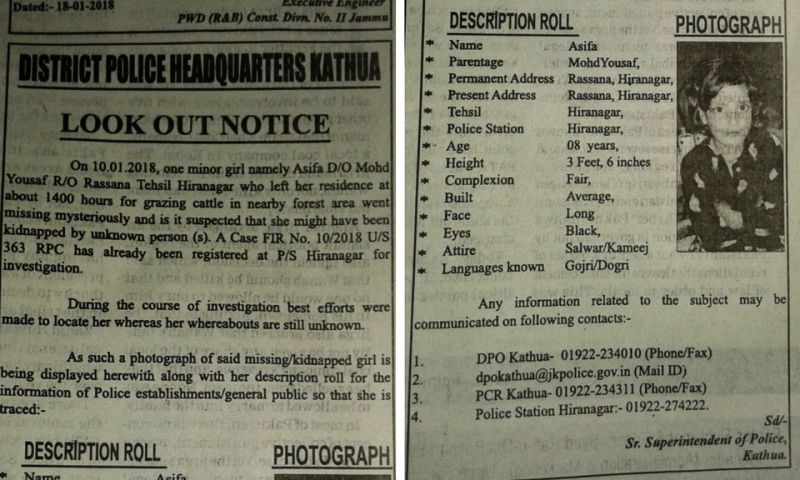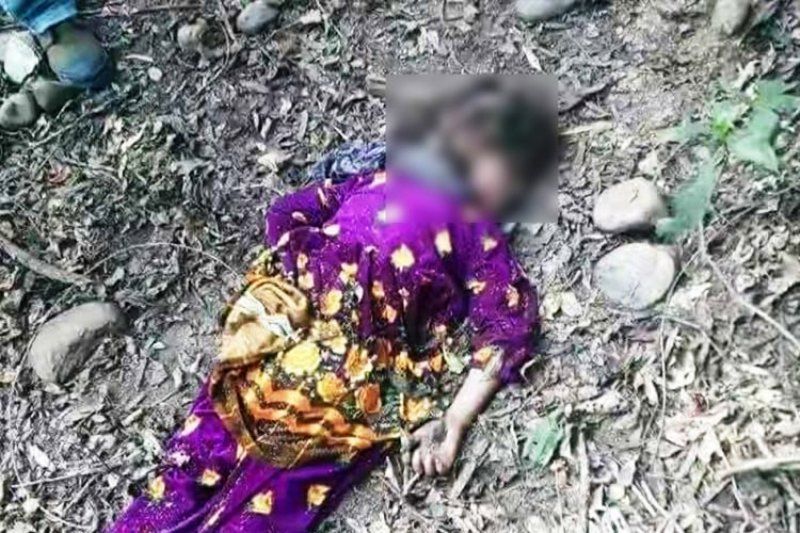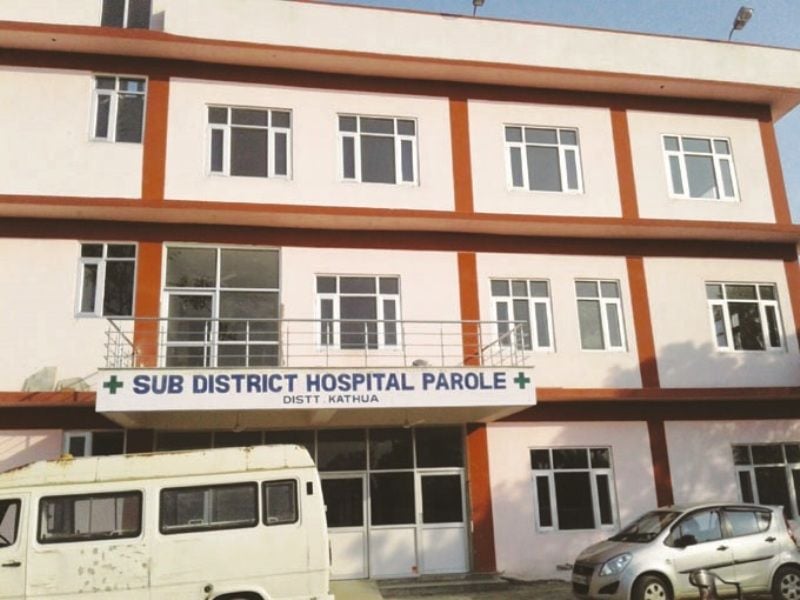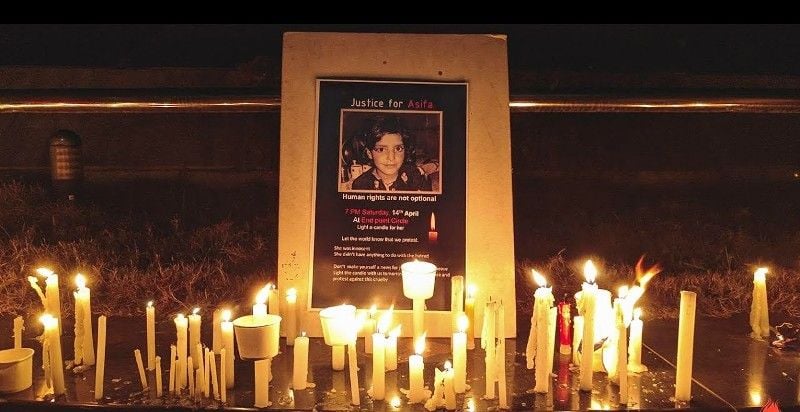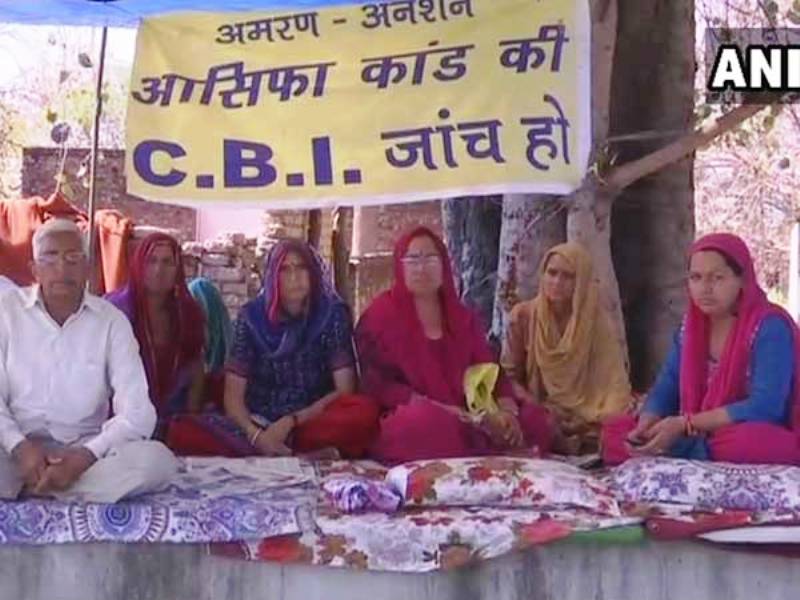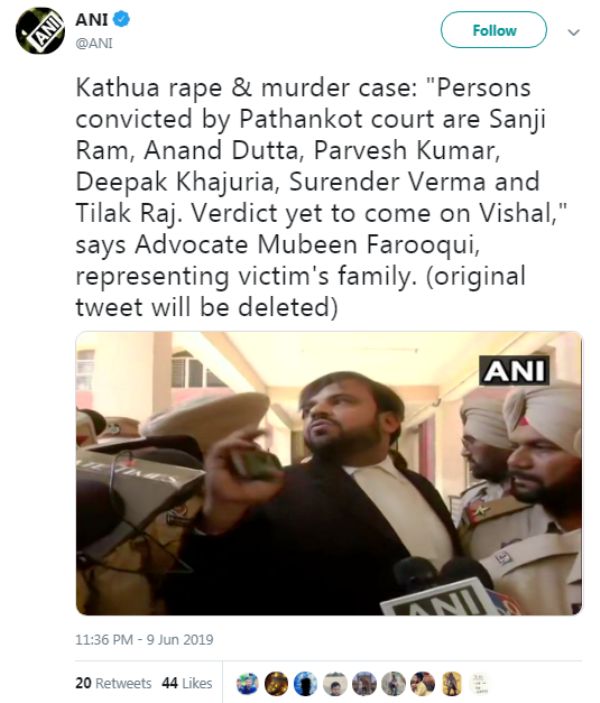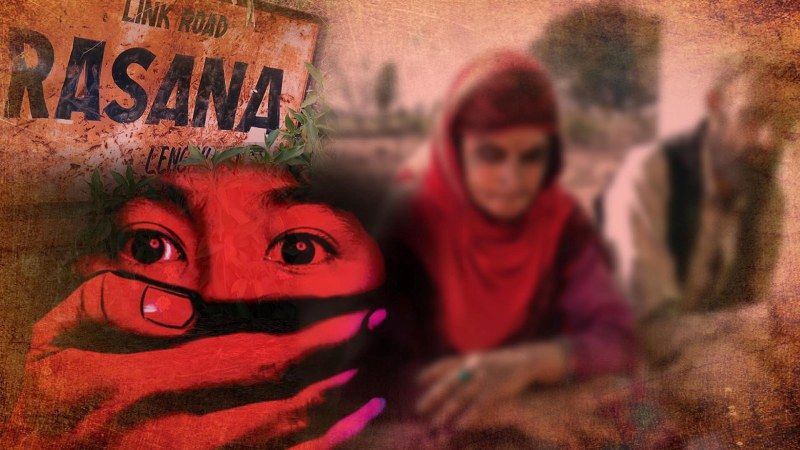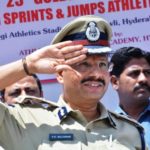Asifa Bano (Kathua Rape Case) Story
The Kathua Rape case refers to the brutal rape and murder of an 8-year-old girl, Asifa Bano, in a village named Rasana in the Kathua district of Jammu and Kashmir. The incident became a national news when eight men accused were charge-sheeted in the horrendous crime in April 2018. The incident also erupted a wide public anger. The outrage had drawn parallels with massive protests that followed the gang rape and murder of Jyoti Singh (media named her Nirbhaya) on a moving Delhi bus in 2012, which enforced the then Congress-led Union Government to enact new stricter laws including the death penalty. Here’s a detailed story of Asifa Bano (Kathua Rape Case):
Asifa Bano: An Introduction
Asifa Bano was an 8-year-old girl from Kathua district in Jammu & Kashmir. She was a Bakarwal, a nomadic tribe of Jammu & Kashmir who move along with their livestock and spend summers at high altitudes and winters in the plains. Asifa was adopted by Muhammad Yusuf Pujwala on the insistence of his wife Naseema Bibi, as the couple had lost their two daughters in an accident some years ago. Asifa was the daughter of Muhammad Yusuf Pujwala’s brother-in-law, Muhammad Akhtar. They adopted Asifa in 2010 and named her Asifa. At that time, Asifa was 2-year-old.
An Incident That Shook The Conscience of Humanity
In January 2018, Asifa’s story made headlines; after she was brutally gang-raped and murdered, while grazing her horses in a meadow near her home. She was held captive in a Hindu temple, drugged and sexually assaulted for a week before being strangled and thrashed to death with a stone.
The Perpetrators
Eight men accused were charge-sheeted by the Jammu and Kashmir Police in the horrendous crime in April 2018. According to the charge sheet filed by the J & K Police, Sanji Ram, a 60-year-old retired revenue officer (Patwari) was the main conspirator to abduct and kill Asifa, the other accused named in the charge-sheet filed by the J & K Police were- Sanji Ram’s juvenile nephew (however, the medical examination later suggested that the age of Juvenile was 19-year), four police officers including SPO Deepak Khajuria and head constable Tilak Raj, Sanji Ram’s son, Vishan Jangotra and another accused named Parvesh Kumar (Mannu).
The Filthy Plan
According to the charge sheet filed by the J&K Police, to scare Bakarwals, Sanji Ram, a 60-year-old retired revenue officer (Patwari), hatched a plan to abduct Asifa and kill her to instil fear among the Bakarwal community. Sanji Ram took SPO Deepak Khajuria and his juvenile nephew in confidence.
The Horrendous Timeline
According to the charge-sheet of the J & K Police, the following pattern was unfolded in this horrendous crime:
- On 7 January 2018, Sanji Ram asked his nephew to kidnap Asifa, who often used to graze her horses in a forest near Sanji Ram’s house.
- On 8 January 2018, juvenile shared the plan of Asifa’s abduction with his friend Parvesh Kumar (Mannu).
- On 9 January 2018, juvenile, along with Mannu, bought local doping substance and sedative tablets.
- On 10 January 2018, juvenile and his uncle Sanji Ram spotted Asifa enquiring a woman about her ponies. Juvenile and Mannu told Asifa they had seen the ponies and led Asifa to the jungle, where juvenile drugged Asifa and raped her. Mannu too tried to rape her. Then, they locked her in a temple caretaken by Sanji Ram.
- On 11 January 2018, Asifa’s parents enquired Sanji Ram about their missing girl. Ram led them astray and told them she might have gone to some relative’s home. The same day, juvenile called Sanji Ram’s son Vishal Jangotra, who is pursuing a Bachelor’s degree in agriculture in Meerut, and asked if he wanted to rape her.
- On 12 January 2018, Vishal reached Rasana from Meerut.
- On 13 January 2018, Vishal and his father Sanji Ram, juvenile, and Mannu went to the temple, where Vishal and juvenile, both raped Asifa, turn-by-turn, all day. In the evening, Sanji Ram told them it was time to kill her. Vishal, Mannu and the juvenile took Asifa to a culvert. SPO Deepak Khajuria also reached there and told them he too wanted to rape her before she was killed. After Deepak raped Asifa, the juvenile raped her again. After the gang-rape, Deepak strangulated Asifa with her stole. Then, juvenile hit Asifa twice on the head with a stone.
- On 15 January 2018, they dumped her body in the jungle.
Search And Complaint
On 12 January 2018, Muhammad Yusuf (Asifa’s foster father) lodged a complaint in Hiranagar Police Station for his missing daughter. After searching for Asifa and being unable to find her, he registered a First Information Report (FIR) with the police.
Discovery And Arrests
On 17 January 2018, Asifa’s body was found by a local. The same day, her autopsy was conducted at the District Hospital in Kathua. The J & K Police released a statement listing eight accused including four police officer who had been arrested for the heinous crime. Two of the police officers were arrested for destroying the evidence. All the accused (except the juvenile) were charged under Sections 302, 376, 201 and 120-B of the Ranbir Penal Code.
Forensic Report
The autopsy report of Asifa revealed the presence of Clonazepam (a tranquillizer) in her dead body. The report said that before being raped and murdered, she had been drugged with a sedative. The forensic evidence suggested that she had been held captive in a temple (caretaken by Sanji Ram) for several days. The hair strands found in the temple also matched those of Asifa’s. The forensic reports also stated that before strangled to death and thrashed in her head with a heavy stone, she was raped multiple times by different men.
Aftermath Reactions
The Kathua Rape Case made headlines when charges were filed in April 2018. The incident drew widespread condemnation. Various protests and candlelight marches were being held at different locations across the country. The J & K Chief Minister Mehbooba Mufti and Maneka Gandhi, the Indian Minister of Women and Child Development expressed their support for the death penalty in cases of child rape. A number of prominent politicians and celebrities including Rahul Gandhi, Sonia Gandhi, Priyanka Gandhi, Sonam Kapoor, Kareena Kapoor, etc., voiced their outrage over the incident. On 13 April 2018, the Prime Minister of India Narendra Modi and the Supreme Court of India released a statement condemning the incident and assuring the justice in the case. The United Nations Secretary-General Antonio Guterres described the incident as horrific and also released a statement that the “guilty must be held responsible.”
A Case of Communal Tension
The incident resulted in a tension between Hindu and Muslim communities in the J & K. Following the protests by the opposition, the J & K Government handed over the case to the Crime Branch of the State Police. The local BJP leaders demanded a CBI probe in the case, which was rejected by Mehbooba Mufti-led J & K Government. A Hindu extremist wing ‘Hindu Ekta Manch’ came forward in support of the accused. One such protest was also attended by two ministers of BJP- Forest Minister Lal Singh Chaudhary and Industries Minister Chander Prakash. Later, both gave their resignations, following the political pressure.
Trials & Verdict
The trial started on 16 April 2018 before the Principal Sessions Court judge, Kathua. On 7 May 2018, the case was shifted to Pathankot in Punjab on the orders of the Supreme Court of India. Earlier, there was a demand to shift the case to Chandigarh, which had been denied by the apex court. After more than 100 hearings, which was ended on 3 June 2019, a special court in Pathankot convicted six out of seven accused of rape and murder. However, the seventh accused Vishal, son of Sanji Ram, was acquitted.
On 16 November 2022, the Supreme Court held that one of the accused was not a juvenile and ordered that he should be tried afresh as an adult for the offences. [1]The Hindu
The Core Reason Behind Asifa’s Rape And Murder
Asifa’s foster father, Muhammad Yusuf Pujwala, settled near Rasana village in Kathua district about 10-12 winters ago, a region where Bakarwals have been facing opposition from local Dogra Hindus; on the pretext of changing the demography of Hindu-majority Jammu by Muslim-majority Kashmir Valley. It was this hatred and suspicion, which consumed the life of 8-year-old Asifa.
For a detailed biography of Asifa Bano, click here:
References/Sources:

